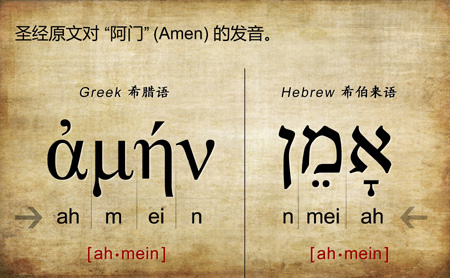Mar 28, 2023 -  Default
Default  No Comments
No Comments
 Default
Default  No Comments
No Comments 传福音者的两种失败
by 朱志山牧师
传福音者的两种失败:
第一种人:遇见 “不对的人” (不饥渴听福音的人)——因为传福音者没有祷告、不受圣灵引导、以自我为中心、消灭圣灵的感动。
第二种人:传不出福音,只是传人的话、传讨好人的话、传人的宗教、传人的道理、心理学、成功神学、等等;福音讲的是人的罪、罪所产生的很多问题、罪是一切问题的根源、解决罪的办法就是基督。
你要带给人的,是这个世界没有的 (不应该是这个世界可以给的,不是这个世界的医生、心理学、或者任何的宗教能够解决的),也是他的灵魂没有的;如果人没有,是要灭亡的。直到他明白,你把基督传讲的时候,他才会扎心。这不是人的技巧,但人一定要预备。
